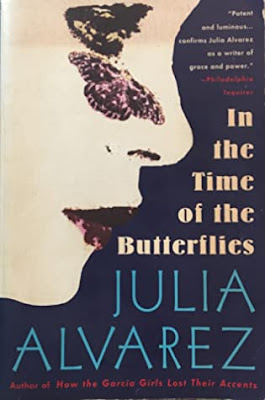Dickens, Charles "Barnaby Rudge: A Tale of the Riots of Eighty" - 1841
I'm a huge Charles Dickens fan. I have never read a book by him that wasn't fascinating. This was so great, as well.
I didn't know that this was another historical novel (next to "A Tale of Two Cities").
What I loved about this book was just what I normally love about Dickens. His description of the little man, the life of people at the time he writes about. How did they live? What were their problem? Why did they revolt in this case?
We get a good view about the lives and the problems of the people in the 18th century even though it wasn't the time Dickens lived in.
I can see why this is the least read of his books though it doesn't really deserve it. The topic might not seem as interesting to readers or maybe they are missing a really feel-good romance. No matter the reason, this is a great book and if you are a fan of classic literature, you should consider reading at least one of Dickens' books. And if you don't want to carry on then, it is your loss.
I would love to read this with a book club since there is so much to talk about. But I don't want to give spoilers on my blog, so I will not go into details.
From the back cover:
"Dickens's first historical novel is set against the infamous 'No Popery' riots that were instigated by Lord George Gordon in 1780, and terrorised London for days. Prejudice, intolerance, misplaced religious and nationalistic fervour, together with the villains who would exploit these for political ends, are Dickens's targets. His vivid account of the riots at the heart of the novel is interwoven with the mysterious tale of a long unsolved murder, and a romance that combines forbidden love, passion, treachery and heroism.
A typically rich cast of comic characters, from the snivelling Miss Miggs and the posturing Simon Tappertit to the half-witted Barnaby Rudge of the title, ensures high entertainment."






















